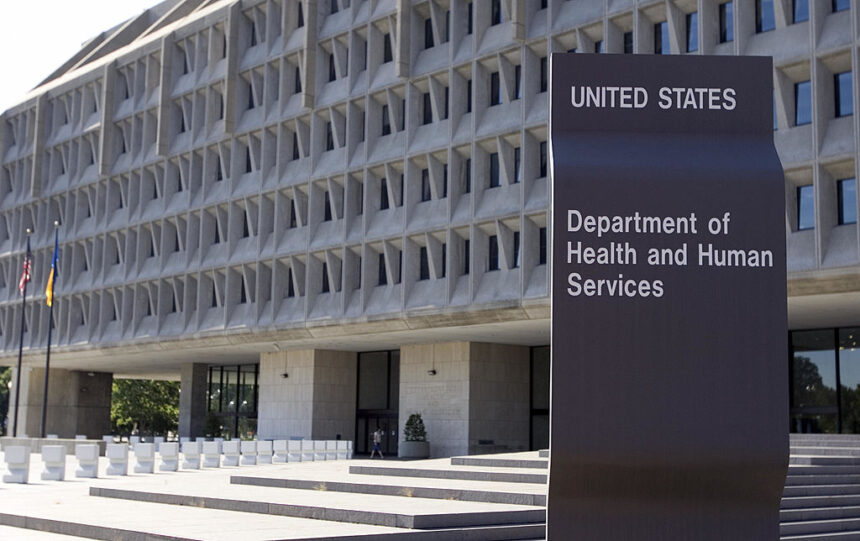The Department of Health and Human Services (HHS) sent a letter to the Drug Enforcement Agency (DEA) this week asking for marijuana to be reclassified in a lower-risk drug category.
Bloomberg reported Wednesday afternoon that Assistant HHS Secretary Rachel Levine recommended to DEA Administrator Anne Milgram that cannabis no longer be classified as a Schedule I drug, which has “no currently accepted medical use and a high potential for abuse.”
Instead, Levine recommended cannabis be categorized as a Schedule III substance, which are drugs that have a “moderate to low potential for physical and psychological dependence.”
Since the enactment of the Controlled Substances Act of 1970, marijuana has been listed as a Schedule I controlled substance, alongside the likes of heroin, lysergic acid diethylamide (LSD) and peyote.
In her letter to the DEA, Levine stated that her recommendation was based on an extensive review by the Food and Drug Administration regarding marijuana’s classification and was supported by the National Institute on Drug Abuse.
The prospect of the DEA reviewing the classification of marijuana would mark a significant shift in longstanding federal health policy.
Following Bloomberg’s report, the DEA confirmed to The Washington Examiner in an email that it will review classification of marijuana.
“We can confirm DEA received [the letter], pursuant to President Biden’s request for a review,” a DEA spokesperson said. “As part of this process, HHS conducted a scientific and medical evaluation for consideration by DEA. DEA has the final authority to schedule or reschedule a drug under the Controlled Substances Act. DEA will now initiate its review.”
The Bloomberg report stated that the DEA’s review process has been closely watched and that Milgram told Congress last month that she “hadn’t received a specific timeline” from the Biden administration to review marijuana’s classification.
In light of news that the federal policy towards marijuana may be subject to major revision, stocks of cannabis companies rallied to session highs.
The recommendation to revise how cannabis is classified comes as the Biden administration continues to pursue a loosening of decades-old laws regarding marijuana.
Last October, Biden announced marijuana policy initiatives that included a pardon of all prior federal offenses for simple possession of the substance.
The Last Prisoner Project, a criminal justice reform nonprofit, estimates that the number of individuals incarcerated for cannabis at any moment in time in the U.S. is higher than 40,000.
There is a racial disparity at play, too, as the American Civil Liberties Union cites data that indicates Black Americans are four times more likely than their white counterparts to be arrested for marijuana possession.
During that same policy reform announcement, Biden also asked HHS Secretary Xavier Becerra and Attorney General Merrick Garland to review how marijuana is scheduled.
The potential for change at the federal level comes after the increasing liberalization of marijuana policy at the state level over the course of the past decade.
Nearly half of U.S. states have fully legalized marijuana for recreational use as well as 15 states for medicinal use, while only 12 states consider it an illegal substance.
For a January 2024 article on the HHS recommending loosened marijuana restrictions, click here.







